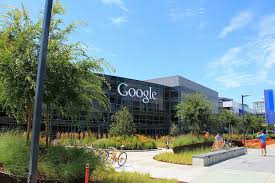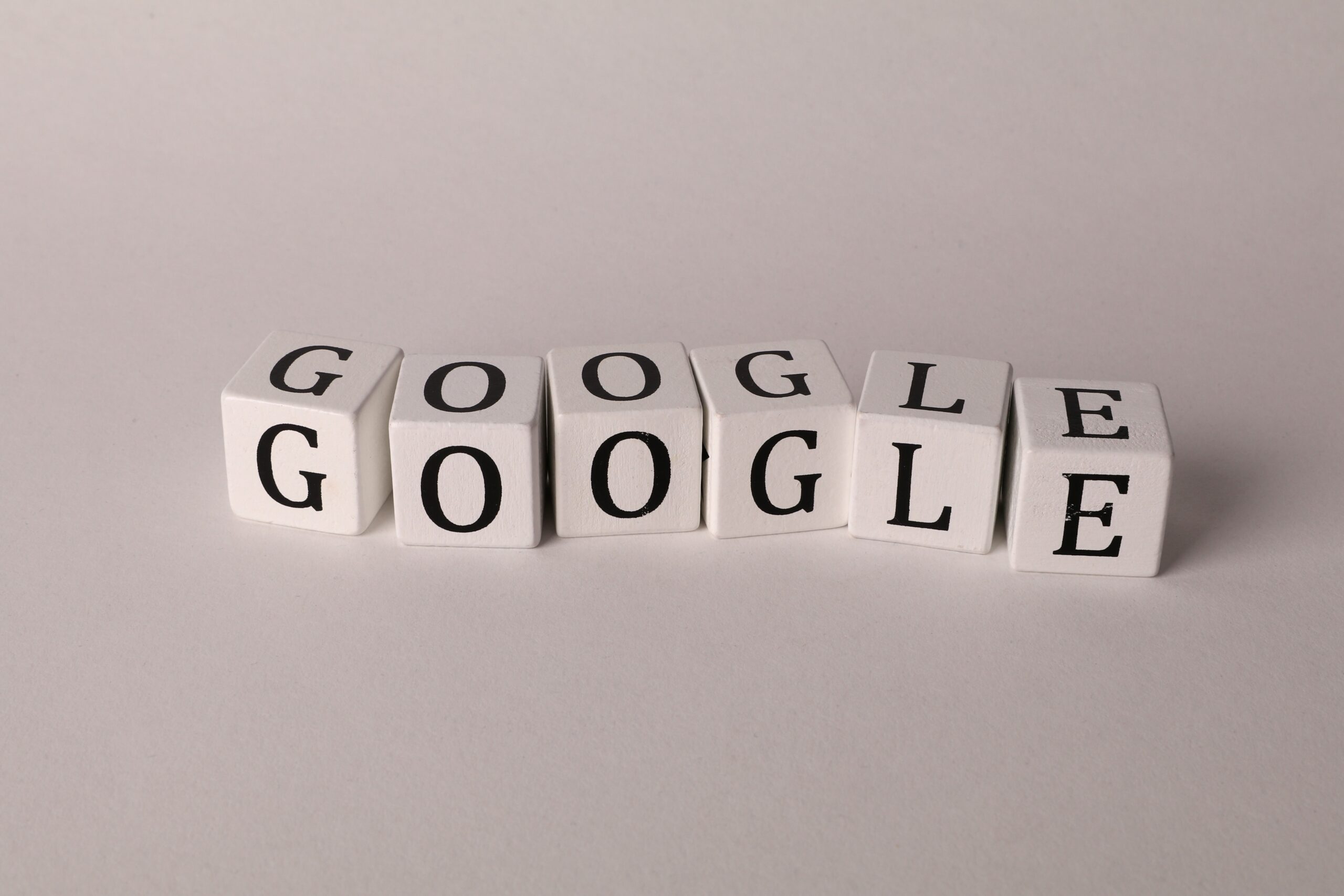Google, the tech behemoth that has grown to be a $1.7 trillion giant through its core search business, is the target of a historic trial that serves as the first monopoly case of the modern internet era. This 10-week trial is part of a larger government initiative to check Big Tech’s power, with a particular emphasis on Google’s alleged illegal actions in upholding its monopoly. The future of Google and the wider ramifications for the tech sector, which has permeated every aspect of our lives, are both at stake. We will delve deeply into the case’s complexities in this article, looking at the accusations, the major players, and the trial’s possible outcomes.
The Conflict Against Antitrust Begins
Over the course of three years and two presidential administrations, the U.S. government painstakingly constructed its case against Google. Their central claim centers on the claim that Google illegally used its dominance of online search to stifle competition. In its defense, Google has assembled a formidable team of legal professionals and invested a sizable sum in legal fees and lobbying activities.
A key issue at the center of this trial is whether or not the current generation of tech giants broke the law to become so dominant. This case marks a turning point in the antitrust war against tech oligopolies, moving the emphasis away from closely scrutinizing mergers and acquisitions and toward a thorough examination of the core businesses that gave these companies their unmatched power.
The Allegations
The main charge against Google is that it strengthened its hegemony by concluding agreements with significant businesses, such as Apple, to make its search engine the default choice on their platforms and devices. The U.S. Justice Department claims that by making it difficult to use alternative search engines, these agreements effectively limited consumer choice. Google, however, contends that these agreements weren’t exclusive and that users could always modify their default search engine settings.
The Data Is Reliable.
There is no denying Google’s monopoly over the search engine industry. A data analysis company called Similarweb claims that Google controls a staggering 91 percent of the global search engine market and 90 percent of the market in the United States. These numbers demonstrate the enormous sway Google has over the online environment.
The Major Figures
With prominent members of the tech industry expected to testify, the trial is sure to be a spectacle. The CEO of Google, Sundar Pichai, as well as executives from Apple and other major tech companies are likely to testify as witnesses.
Judge Amit P. Mehta, who was appointed by President Barack Obama in 2014, will preside over the proceedings. Notably, there won’t be a jury in this case, and Judge Mehta will make the final decision. Kenneth Dintzer, a seasoned litigator with 30 years of Justice Department experience, will represent the government, and John E. Schmidtlein, a partner at the prestigious law firm Williams & Connolly, will be in charge of Google’s defense.
Protracted legal disputes
The legal battles in preparation for the trial have been intense. More than 150 people have been deposed by the Justice Department and Google, and more than five million pages of documents have been collected overall. Because of his prior legal representation of Microsoft and News Corp., Jonathan Kanter, the head of antitrust at the Justice Department, has drawn criticism from Google for his perceived bias. In response, Google has been charged by the Justice Department with deleting potentially important instant messages from its staff.
Google’s Argument
The company’s strategies are entirely legal, according to Kent Walker, president of global affairs at Google, and the success of the business is based on the caliber of its goods. The Justice Department, on the other hand, has stayed silent regarding the ongoing trial and allowed the legal proceedings to speak for themselves.
The Ascent of Google to Dominance
Google’s origins can be found in the creative minds of Sergey Brin and Larry Page, who created the search engine in the 1990s while attending Stanford University. Since their technology provided more relevant search results than any other tool at the time, it quickly won praise. Google has diversified its offerings over time to include office software, autonomous vehicles, artificial intelligence, streaming video, online advertising, and mapping services.
Allegations of unethical Behavior
Google has long been accused by critics of using its dominance in search to stifle links from rival companies while favoring its own content, particularly in the areas of travel, restaurant reviews, and maps. Though little was done until 2019 when the Justice Department and the Federal Trade Commission opened new antitrust investigations into significant tech companies, these allegations have prompted regulatory scrutiny.
The Case of the Government
The government sued Google in October 2020, alleging that through agreements with Apple and other smartphone manufacturers, the company had harmed rivals like Microsoft’s Bing and DuckDuckGo. The accusations drew comparisons to Microsoft’s antitrust lawsuits from the 1990s, when Microsoft had stifled competition by making its web browser the default on Windows operating systems. In 2020, a lawsuit was also filed by Guam, Puerto Rico, the District of Columbia, and 35 other states alleging that Google had abused its monopoly on search and search advertising.
The Greater Consequences
This case has significant ramifications for the entire tech sector, not just Google. Depending on the outcome, it will be possible to tell whether antitrust laws from a very different time can effectively address the monopolistic tendencies of modern tech giants. On the potential effects, experts have differing opinions. Some compare the situation to AT&T’s breakup in 1984, which had a profound impact on the telecommunications sector, while others point to the conflicting outcomes of the government’s antitrust actions against Microsoft in the early 2000s.
Conclusion
The Google monopoly trial represents a pivotal moment in the ongoing struggle to regulate the immense power wielded by tech giants in today’s digital age. As the trial unfolds, it’s not just Google that stands in the spotlight, but the entire tech industry. The outcome will determine whether the antitrust laws of the past can effectively address the monopolistic practices of present-day tech titans.
Whether the trial results in a dramatic shift akin to the breakup of AT&T or mirrors the ambiguous outcomes of the Microsoft antitrust battles, it undeniably underscores the need for a reevaluation of the rules that govern the digital realm. The world is watching closely, and the verdict will shape the regulatory landscape for years to come.
As we navigate the complexities of this trial, one thing is certain: the battle for tech power is far from over. Whether the Google empire stands firm or faces a reckoning, the implications for innovation, competition, and the future of the internet will be profound. Stay tuned as the trial unfolds, and prepare for a digital landscape that may never be the same again.

